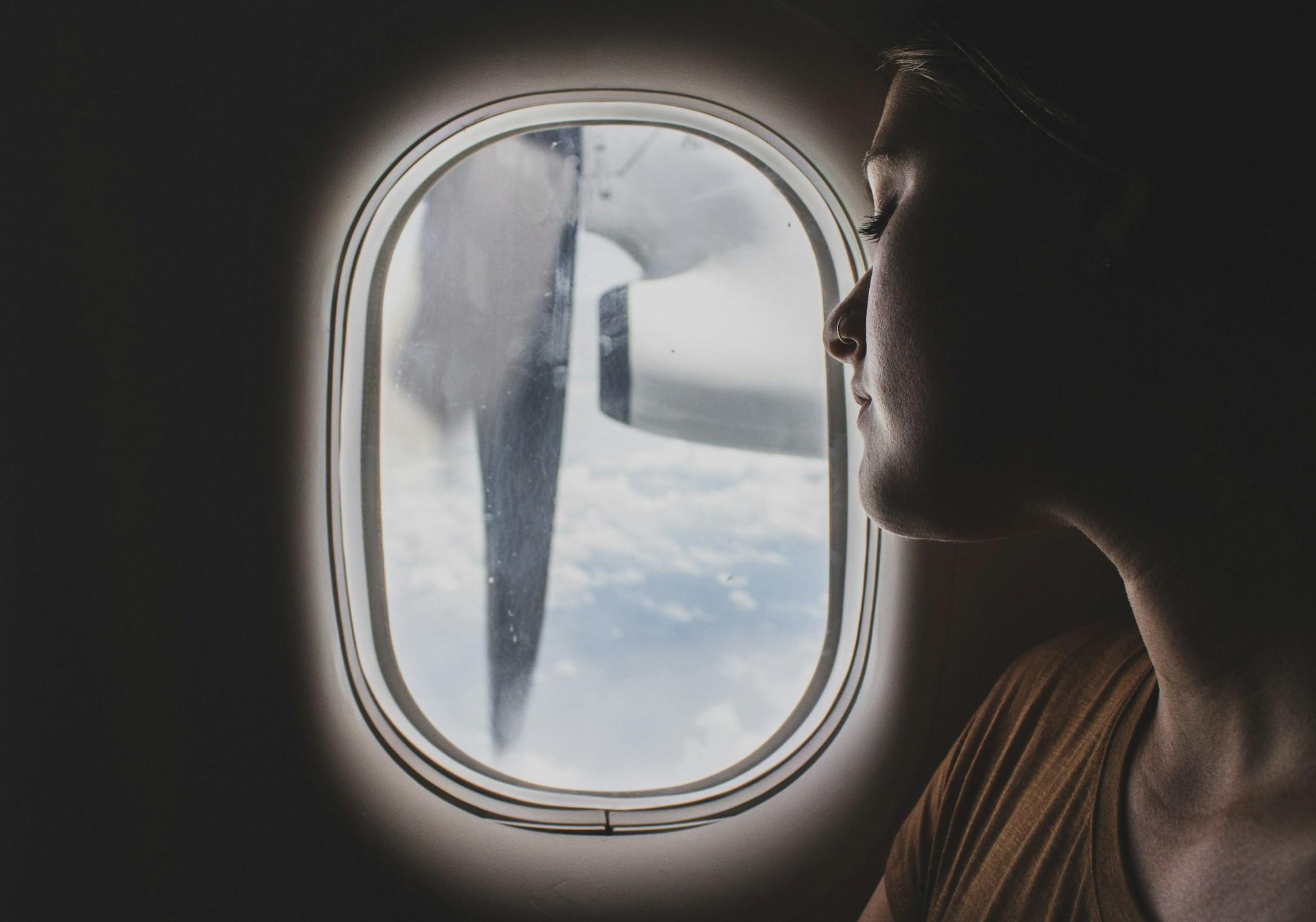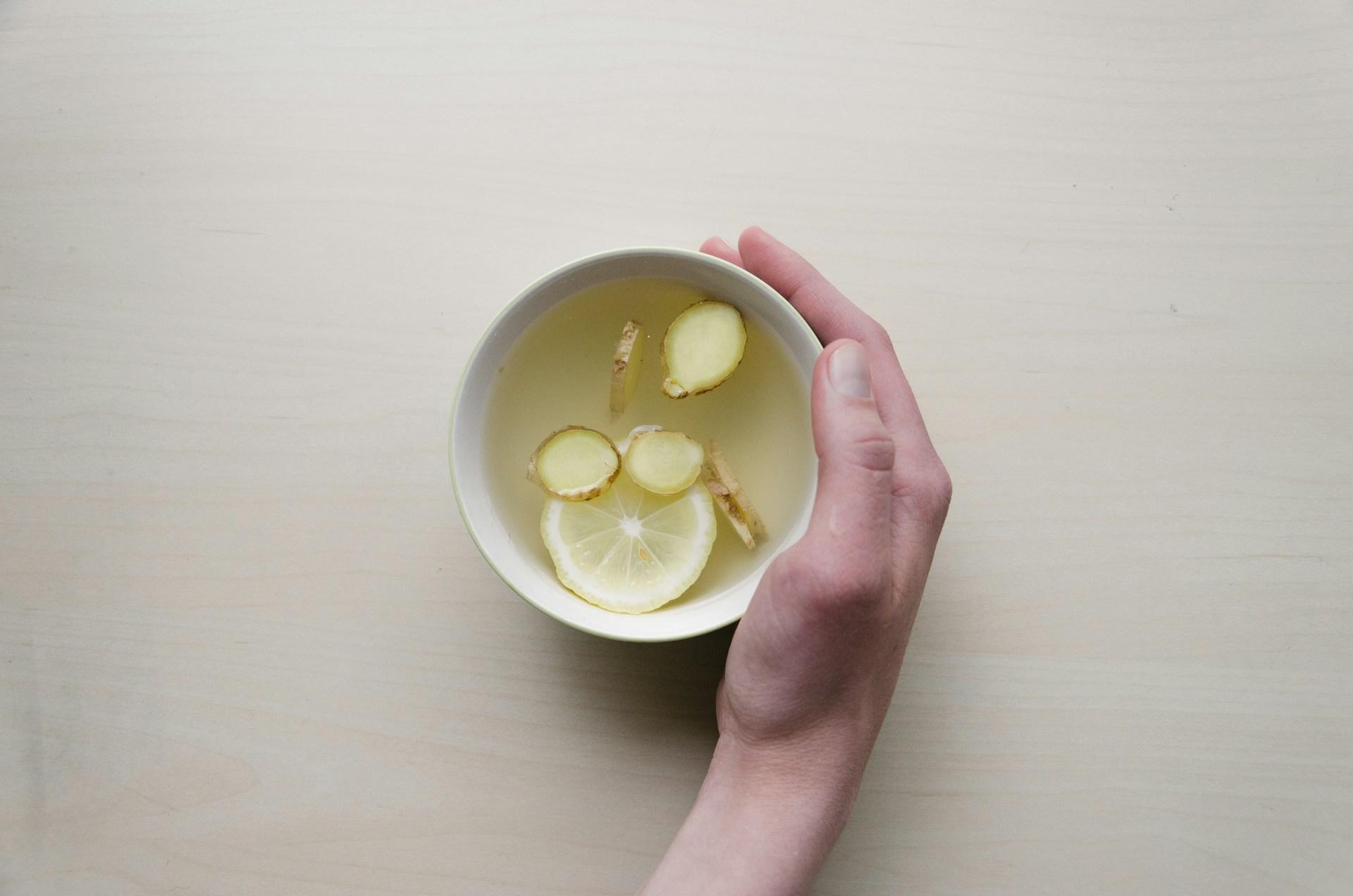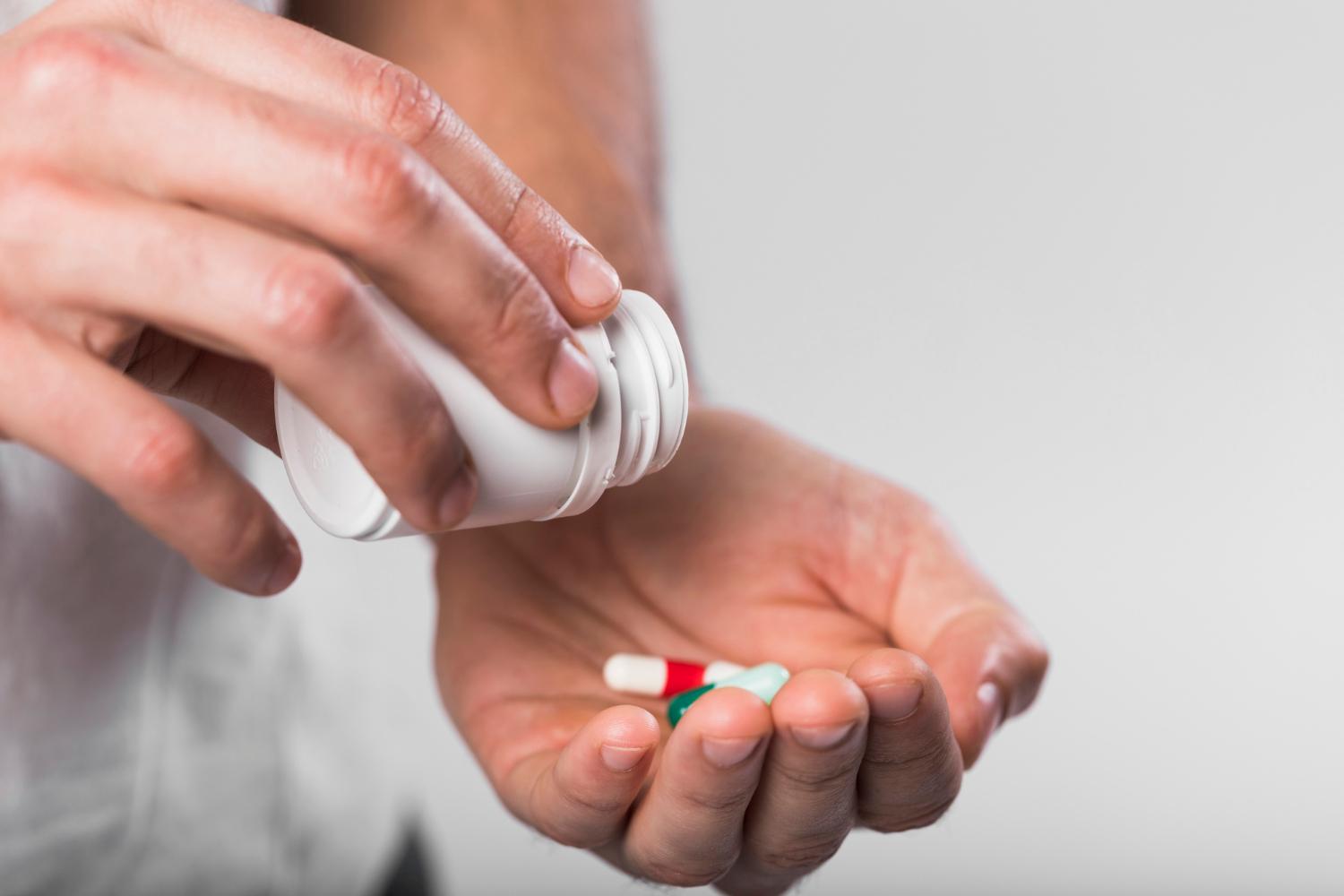Airsickness, also known as motion sickness, can be a miserable experience. It affects many people during travel and manifests in various ways. Some people experience mild symptoms like dizziness and nausea, while others experience more intense symptoms like stomach pains and vomiting.
This is enough to make you feel sick to your stomach just at the thought of travelling. Luckily, there are various ways to help prevent airsickness, allowing you to enjoy your flights.
In this article, we talk about the top 5 remedies that can help you feel better and make your journey more pleasant.

Before we jump into the details of the remedies, first things first, what causes airsickness?
Airsickness, or motion sickness, occurs when there is a disconnect between what your eyes see and what your inner ear senses.
When the plane takes off, our bodies are tricked by the lack of perceived movement inside the cabin. So our eyes can’t detect the plane’s movement and speed but our ears can.
These conflicting signals, due to motion that is felt but not seen, confuse the brain. It causes it to send the wrong signals to our sensory system, which results in a loss of balance, leading to symptoms like dizziness, nausea, and vomiting.
Here are 5 remedies that can help alleviate the symptoms of airsickness;
Ginger contains certain properties that can help settle the stomach and has long been used for centuries as a natural remedy for nausea. Studies suggest that it acts on the digestive system and the central nervous system to help reduce the symptoms.
You can try ginger candies, ginger tea, or ginger ale before or during your flight. Some people find ginger supplements more effective. Of course, if you opt for this option, consult a professional first about how to consume the supplements.

Acupressure bands, also known as nausea bands or motion sickness bands, are wristbands that apply pressure to the P6 acupressure point on the inner wrist.
This pressure helps alleviate nausea and vomiting associated with motion sickness, including airsickness. It is an effective and non-invasive way to manage the symptoms.
Dehydration can cause dizziness and nausea, increasing air sickness symptoms. If you are travelling, it is essential to drink plenty of water before, during and even after your trip. Carry a reusable water bottle with you and refill it regularly to help ensure you stay hydrated throughout your flight.
You can also opt for carbonated beverages like ginger ale, which can help reduce and prevent the symptoms of airsickness, as well as help keep you hydrated. Make sure to avoid drinks that can contribute to dehydration such as alcohol and caffeine.
Eating heavy, greasy foods before or during your flight can increase your chances of experiencing airsickness. Spicy or heavily seasoned foods can also irritate the stomach and worsen airsickness symptoms.
Instead, go for light, bland snacks that are easy to digest. Foods high in carbohydrates, such as crackers, pretzels, or plain rice, can help settle your stomach and reduce feelings of nausea.
Consider taking over-the-counter medications if natural remedies are not as effective. Drugs such as dimenhydrinate (Dramamine) or meclizine (Bonine), are commonly used to alleviate motion sickness symptoms.
Note that some of these medications can cause drowsiness and knock you off, so take them with caution, especially if you need to stay alert during your flight. Always consult a healthcare professional before taking any medication to ensure it is appropriate for you.

If you want the latest information on the best Hotel Executive Club Lounges, Hotel Kids Clubs and other travel information, be sure to sign up for our free newsletter full of tips and great travel ideas.